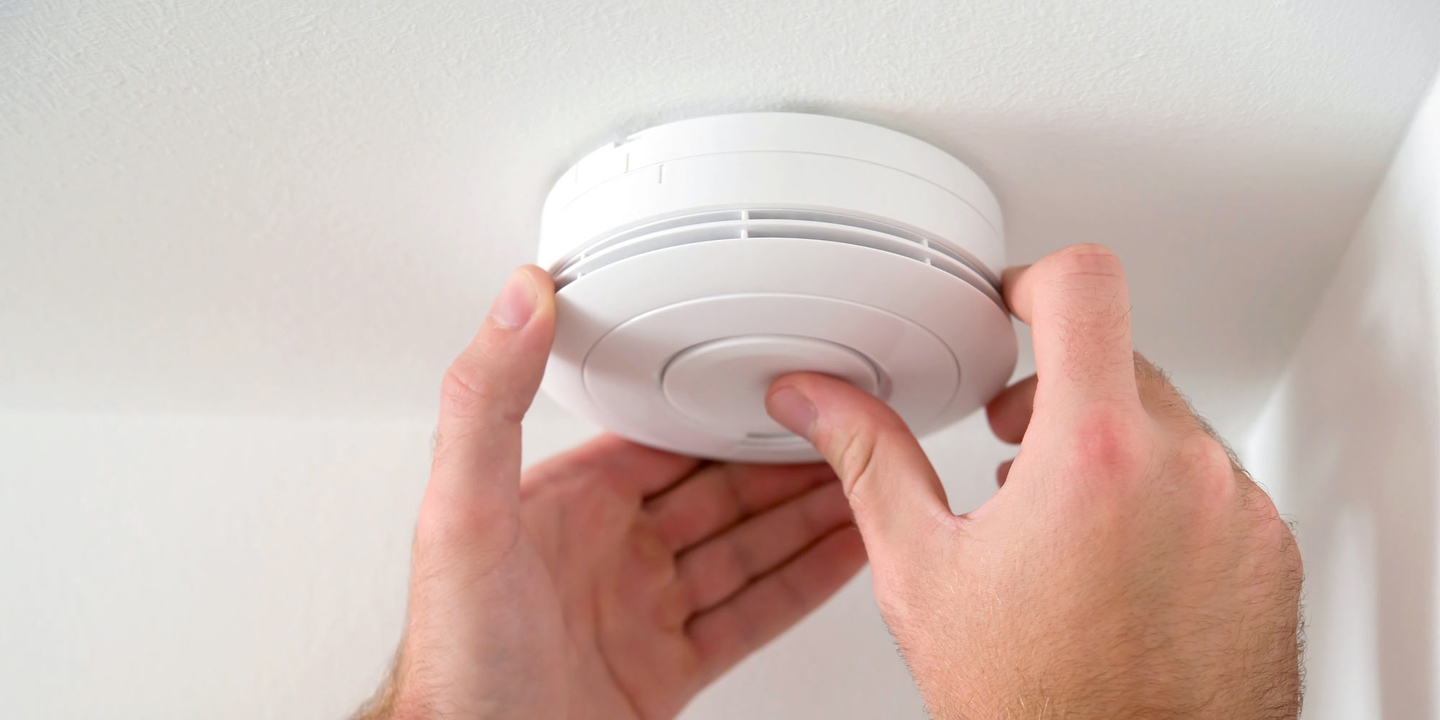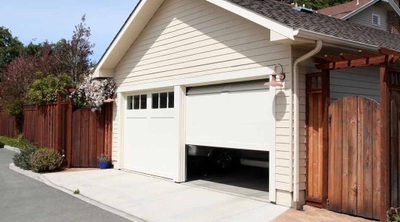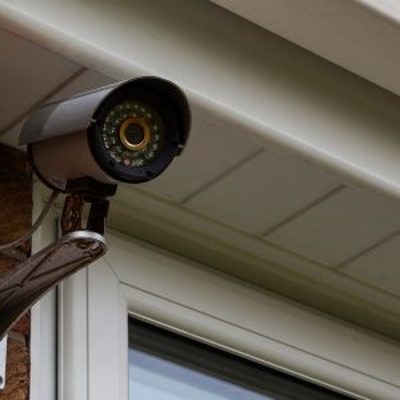What is a smart smoke detector?
3 min read
Smart home smoke detectors offer two layers of protection. Like a traditional smoke detector, they alert you if there’s a fire in your home. They also connect to WiFi, allowing you to control them through an app and receive alerts if they detect smoke — even when you’re not home. But before running out to replace your existing smoke detectors with “smarter” versions, there are some things to know.
We spoke with Ben Kolo, owner of Mr. Electric in central Iowa, about the pros and cons of smart smoke alarms and what you should look for if you decide to get one.
Pros and cons of smart smoke alarms
Pros of smart smoke alarms
Inner connectivity
When you have connected smoke detectors in your home, if one unit goes off, they all go off.
Voice alerts
When the alarm goes off, it tells you whether it detects smoke or carbon monoxide. Some smart smoke detector models can also tell you what room the signal is coming from. You’ll also receive a message if the battery is low or the unit malfunctions.
Easy to disable
You won’t need to grab a broomstick or a ladder to press the button on the unit to turn off a smart smoke alarm. You can disable them with your phone. Some even recognize voice commands.
Cons of smart smoke alarms
Reliant on WiFi
If you have a weak signal or lose power, most features won’t work, including the ability to receive alerts on your phone. However, even if you do not connect a smart smoke alarm to the WiFi, it will go off like a traditional smoke detector.
Short battery life
You can hardwire some models into your electrical system, but others rely on battery power. Units that use traditional batteries drain energy quickly. Kolo recommends getting one you can hardwire or with a ten-year sealed lithium-ion battery.
Higher price point
According to the Family Handyman, a smart smoke alarm can range in price from $40 to more than $150, depending on its features. If you want to avoid installing them yourself, you must pay an electrician. Older homes might not have the right wiring to support smart smoke detectors, so you may have to update your electrical wiring.
What are the best smart smoke detectors?
According to Kolo, hardwired units with a ten-year lithium-ion backup battery that detect smoke and carbon dioxide are your best bet. A few options to consider would be the Google Nest Protect, First Alert OneLink, and the Echo Dot with Alexa Guard.
Google Nest Protect
The Google Nest Protect combines smoke and carbon monoxide detector you can hardwire into your home’s electrical system. It has a sealed ten-year lithium-ion battery you can use as a backup if you hardwire it or as the primary power source if you don’t. You can connect all the units in your house, so if one goes off, they all do.
ONELINK by First Alert
The ONELINK by First Alert has hardwired and battery-operated models that detect smoke and carbon monoxide. It’s Alexa-enabled, compatible with the Apple HomeKit, and you can connect all the units. So, if one goes off, they all do. You can test the unit through the OneLink smoke detector app. If it detects smoke or carbon dioxide, it tells you where it’s coming from. The ONELINK by First Alert also has speakers to play music, listen to a podcast, or communicate between rooms.
Echo Dot with Alexa Guard
The Echo Dot isn’t a smoke alarm. But if you have one and don’t want to upgrade your existing smoke alarms, it provides some of the features of a smart smoke detector. When you enable Alexa Guard, it sends notifications to your phone if your Echo “hears” the smoke detector going off in your home.
Other considerations for smart smoke alarms
Having working smoke detectors is just one of the ways you can stay safe at home. For more fire safety tips, learn how to prevent a house fire, test your smoke detectors, and use a fire extinguisher if a fire breaks out in your home.




